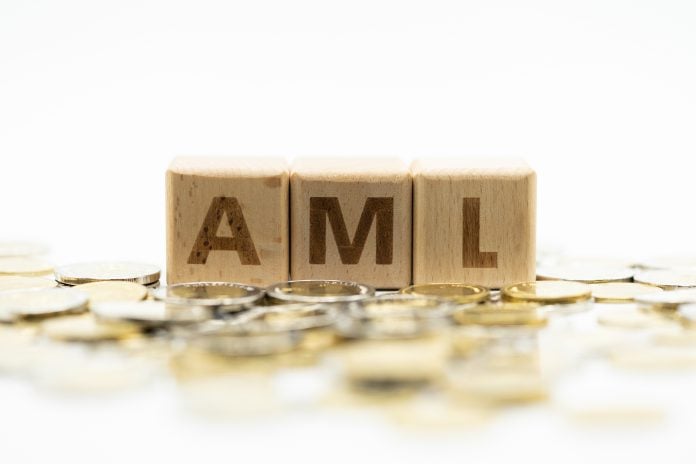Following the news that Gibraltar was added to the Financial Action Task Force‘s (FATF) greylist, deemed as a high-risk jurisdiction in relation to AML safeguard – Andrew Lyman Gibraltar’s Chief Commissioner for Gambling has underlined his department’s commitment to help the government remove Gibraltar ‘in the quickest time possible’.
To Lyman’s surprise, the FATF had flagged the supervision of Gibraltar’s ‘high risk’ gambling sector as a regulatory concern that required tougher monitoring of domiciled businesses.
Speaking to delegates at the KPMG Gibraltar e-Gambling Summit, he stated that media headlines were ‘lurid and skewed media headlines’, as he outlined his belief that “there are no fundamental, systemic, AML/TF weaknesses in this jurisdiction, and that Gibraltar now has a strong AML and TF system which makes the greylisting decision more difficult to cope with.”
From his own interpretation of FATF’s rulings, Lyman detailed there are only two action points to address on ‘successful confiscation cases’ (a subject of law and police) and supervisors imposing proportionate and effective sanctions where appropriate.
Highlighting the latter action point, that has led to Gibraltar being subject to enhanced FATF monitoring, he outlined a spotlight has been placed on the ‘efficacy of gambling supervision in the jurisdiction’ and the imposition of appropriate sanctions.
Lyman also defended the Gambling Commission’s record on supervising ‘high-risk’ gambling businesses, stating his opinion that had the FATF accepted that the range of sanctions imposed by the Gambling Division in the post-observation period were effective and proportionate. “It may be that Gibraltar would not have been placed on the greylist at all. That is my perception,” he noted.
He later acknowledged: “This is the shortest action plan for any greylisted jurisdiction, and a different outcome may have been to return Gibraltar to Moneyval enhanced monitoring; as happened with the Isle of Man. Unfortunately, this alternative was not adopted.”
Lyman also noted that as a jurisdiction that serves as a financial center for a significant segment of the gambling sector, Gibraltar had been held to a standard that is exacting.
“Certainly, we present zero risk to the UK, our biggest gambling market, as our UK facing firms are dual regulated, EU business is not conducted from Gibraltar and ROW jurisdictions are protected by our developed regulatory regime, where their domestic digital gambling supervisory regimes are underdeveloped or non-existent.”
Dealt its hand, Gibraltar’s Gambling Commission will ‘assault the summit again’ and prove that it is a robust regulatory regime. Yet, Lyman outlined that it would not “artificially adapt standards to accommodate enforcement cases.”
Standing firm, the Commission will bring forward some onsite visits which may not have been anticipated until a later date and may require operators to provide further data to complete a conduct effectiveness survey.
“I do not see the objective as imposing more sanctions per se, but proving out the overall effectiveness of our regime and imposing sanctions where necessary and in a proportionate manner,” Lyman added.
“There will be those who question whether the Government or its agents in this process could have done better or presented the case better.
“All I can say is that because of the professionalism of the core team that has worked tirelessly on Moneyval/ FATF issues, Gibraltar is far from bearing the hallmarks of an archetypal ‘greylist’ jurisdiction and is in many respects a flagship jurisdiction for the way it has massively improved its AML and TF systems in a difficult period for all jurisdictions.
“I am determined to see a successful outcome in this area over the line, but in a fair and balanced way. This is a mutual evaluation process and we would expect the FATF to be as equally supportive of Gibraltar as we are of it in difficult and challenging circumstances.”























